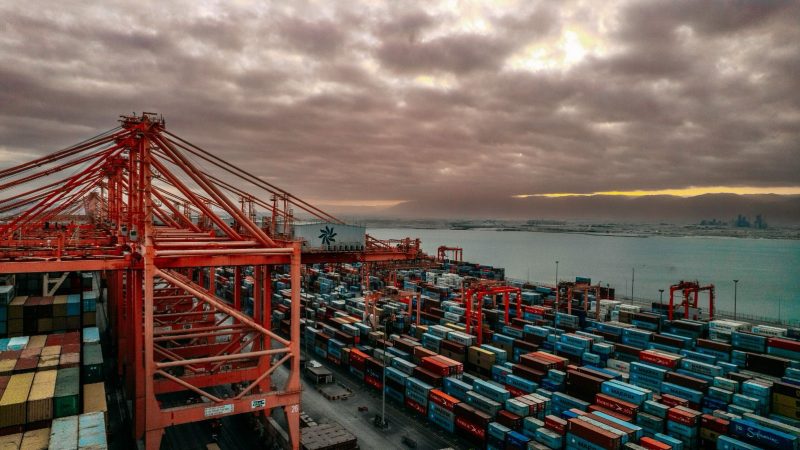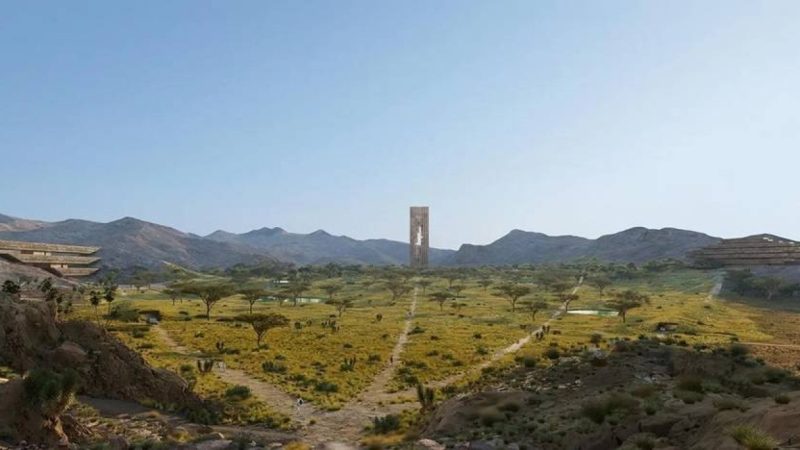Tunisia, high economic transformer in Africa

Tunisia is a high economic transformer with an overall ATI score of 69.5. This is more than
double the overall African average of 30.3, according to the African Transformation Index published in October 2023 by the African Center for Economic Transformation (ACET).
According to this index which assesses the performance of 30 African countries, Tunisia has outperformed the African average in all DEPTH dimensions, with the top Diversification score and second-highest Human well-being score.
Tunisia has the most diversified economy in Africa, maintaining a consistent Diversification
score since 2000.
Tunisia’s economy has long had a large services sector, which has grown proportionally in the last decade. The share of the manufacturing sector in total value added has gradually decreased, but it remains one of the highest in Africa at 15.5 percent.
Additionally, the share of manufactured goods and services in total exports has steadily increased, from 84.2 percent in 2000 to 94.1 percent in 2020. Tunisia remains the leading African country exporting
industrial goods to the EU and has made progress in diversifying its export basket. Its top five
commodity exports hold just a 33.1 percent share of total exports, ACET considered.
//Tunisia is the second-most export competitive economy in Africa
As regards export competitiveness, the African Centre indicates that Tunisia is the second-most export competitive economy with a score of 70.6 percent behind Eswatini, and is one of the
only African countries that has consistently outperformed the global average.
The public and private sectors have collaborated effectively to promote export competitiveness through
trade and investment partnerships, attracting foreign direct investment and integrating into
regional and global value chains.
As regards productivity increases, Tunisia’s productivity (50.2/100) is high relative to most other African countries but low relative to its own scores on the other four DEPTH dimensions. Tunisia has made significant and steady progress since 2000, aided by consistent public funding for improved innovation and technology adoption, education and skills development, infrastructure, logistics, and regulatory frameworks.
With a score of 72.9, Tunisia outperforms all but two countries in this dimension and has performed consistently well since 2009.
With 78.1 percent, Tunisia has the second-highest Human well-being score behind Mauritius.Tunisia has one of the highest rates of formal employment in Africa, particularly for female workers, and the
country has enjoyed a steady decline in poverty and a rise in GDP per capita. However, rising
income inequality has held back progress to some extent. The country has also failed to address
the key challenges of high youth unemployment and disparities in economic opportunities
between urban and rural areas, according to ACET.






